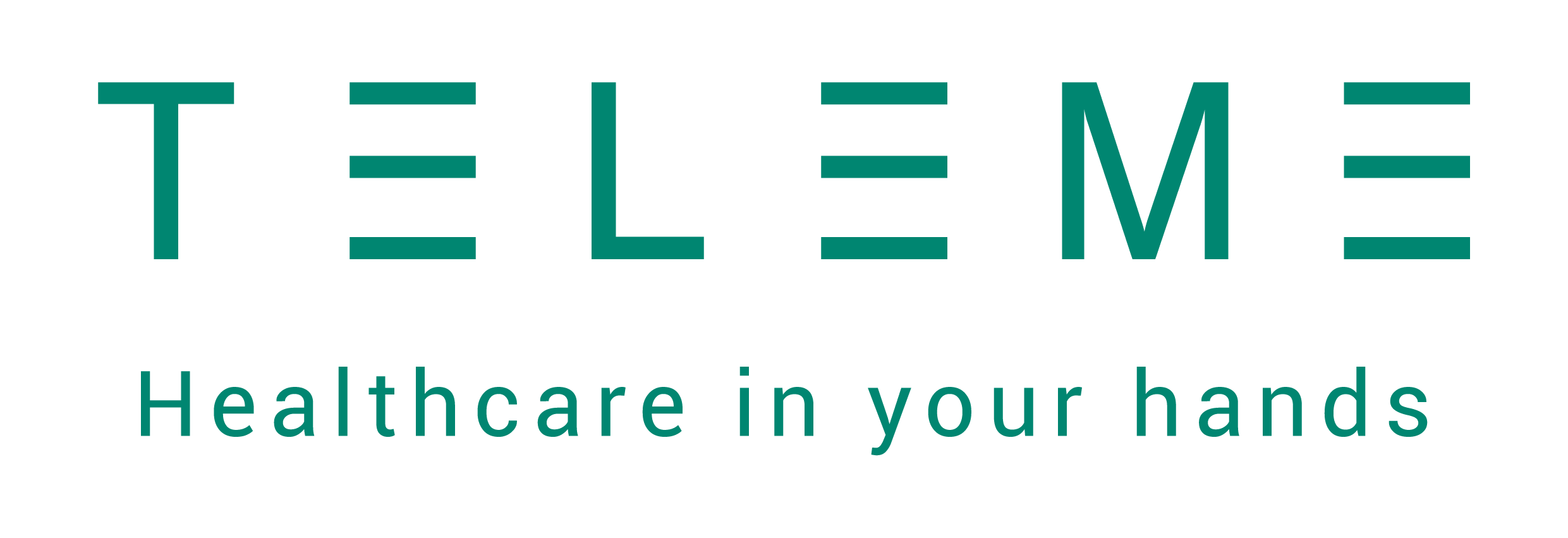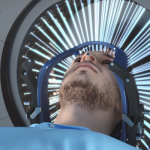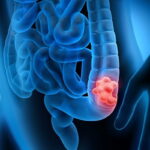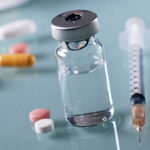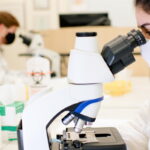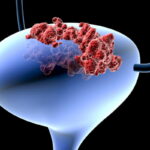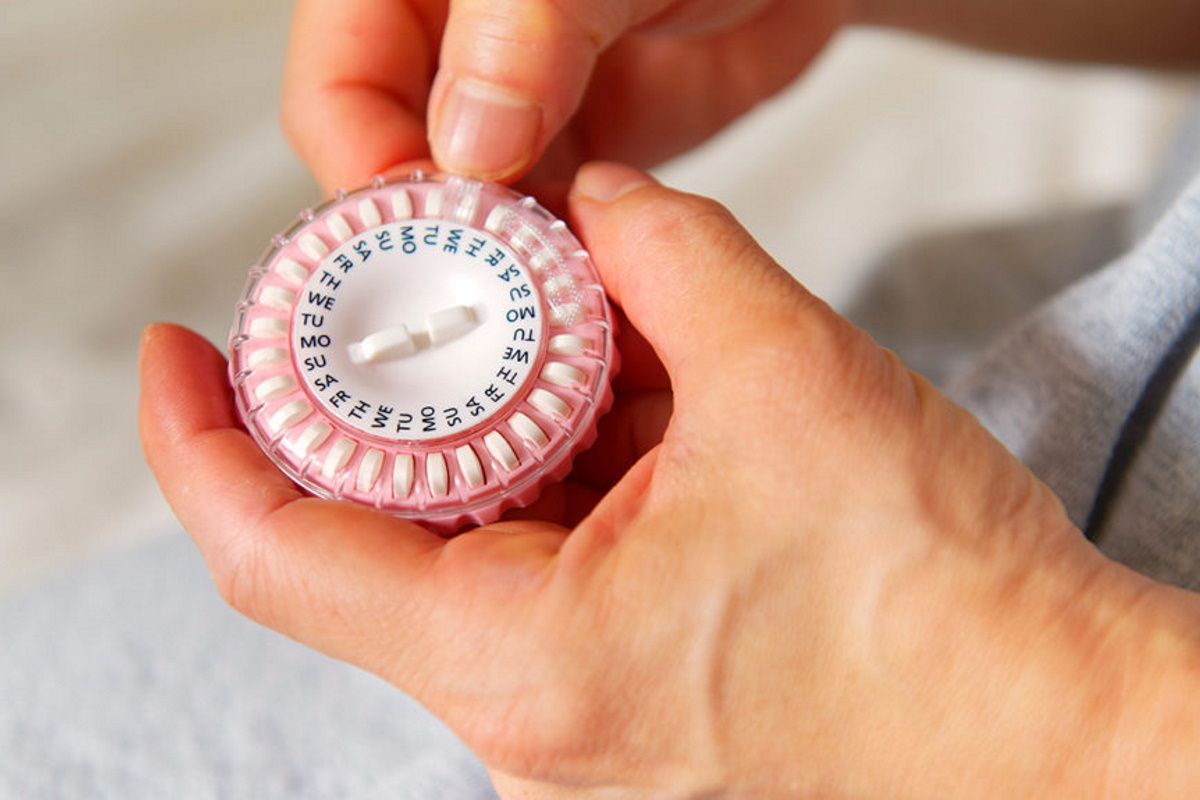
Hormone Therapy for Cancer
Hormones are produced by glands in the body which are normally essential for the growth and health of our body. The male hormones testosterone helps with development of the male characteristics during puberty while oestrogen is required for fertility and lactation. However, the very same hormones can also promote cancer growth in breast, ovarian, uterine and prostate cancers.
Hormone therapy can be used to;
- Treat cancer by stopping or slowing its growth
- Ease or reduce cancer symptoms
Click ACS video on Hormone Therapy for Cancer
How Hormone Therapy Works
Hormone therapy works by either blocking the body’s ability to produce hormones or interfere with how hormones behave so that the hormones cannot be used by the cancer to grow. Tumours needs to have hormone receptors on the cancer cells to be sensitive to hormone therapy so that the treatment can;
- Reduce the cancer size before surgery or radiation therapy
- Reduce the risk of cancer recurrence after surgery and/or chemotherapy and/or radiation treatment
- Kill cancer cells which have recurred or spread to other parts of your body (metastasis)

Anti-Androgens
Anti-Androgens block the effects of testosterone which promote prostate cancer growth These include;
- Bicalutamide (Casodex)
- Flutamide ((Drogenil)
- Cyproterone (Cyprostat)
- Nilutamide (Nilandron)
- Enzalutamide (Xtandi)
- Abiraterone (Zytiga)
- Apalutamide (Erleada)
Luteinising Hormone-Releasing Hormone (LHRH) Agonists
LHRH agonists work by stopping the production of Luteinising Hormone (LH) thereby reducing the production of testosterone by the testicles (in males) and estrogen by the ovaries (in females). These include;
- Goserelin (Zoladex)
- Buserelin (Suprefact)
- Leuprolide (Eligard, Lupron)
- Leuprorelin (Prostap)
- Triptorelin (Decapeptyl)
Click to view Yerbba video on Hormone Therapy for Breast Cancer
Anti-estrogens
Anti-estrogens blocking estrogen from going into the cancer cells such as breast cancer. These include;
- Tamoxifen (Nolvadex)
- Fulvestrant (Falsodex)
Aromatase Inhibitors
Aromatase Inhibitors block the enzyme aromatase which can convert androgens into estrogen. These include;
- Anastrozole (Arimidex)
- Exemestane (Aromasin)
- Letrozole (Femara)
Progestational Agents
Progestational agents have anti-estrogen effects. These include;
- Medroxyprogesterone acetate (Provera)
- Megestrol (Megace)
Selective Estrogen Receptor Modulators (SERMs)
SERMs describes drugs that act like estrogen in some organs and as an anti-estrogen in others and has the potential to treat breast or uterine cancers. There is only one drug in this group.
- Raloxifene (Evista)
Discuss with your doctor or oncologist about your cancer treatment plan
Disclaimer. TELEME blog posts contains general information about health conditions and treatments. It is not intended to be a substitute for professional medical advice, diagnosis or treatment. The information is not advice and should not be treated as such.
If you think you may be suffering from any medical condition, you should seek immediate medical attention from your doctor or other professional healthcare providers. You should never delay seeking medical advice, disregard medical advice, or discontinue medical treatment because of information on this website.


